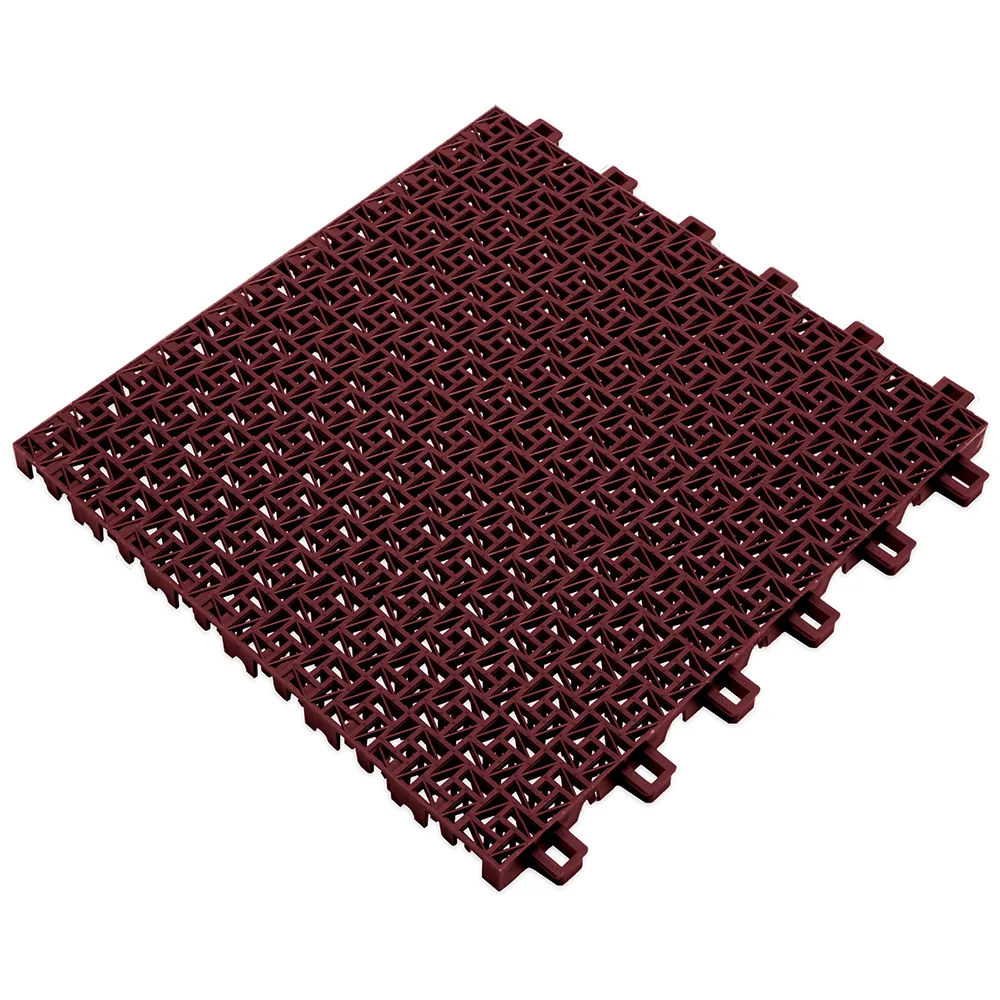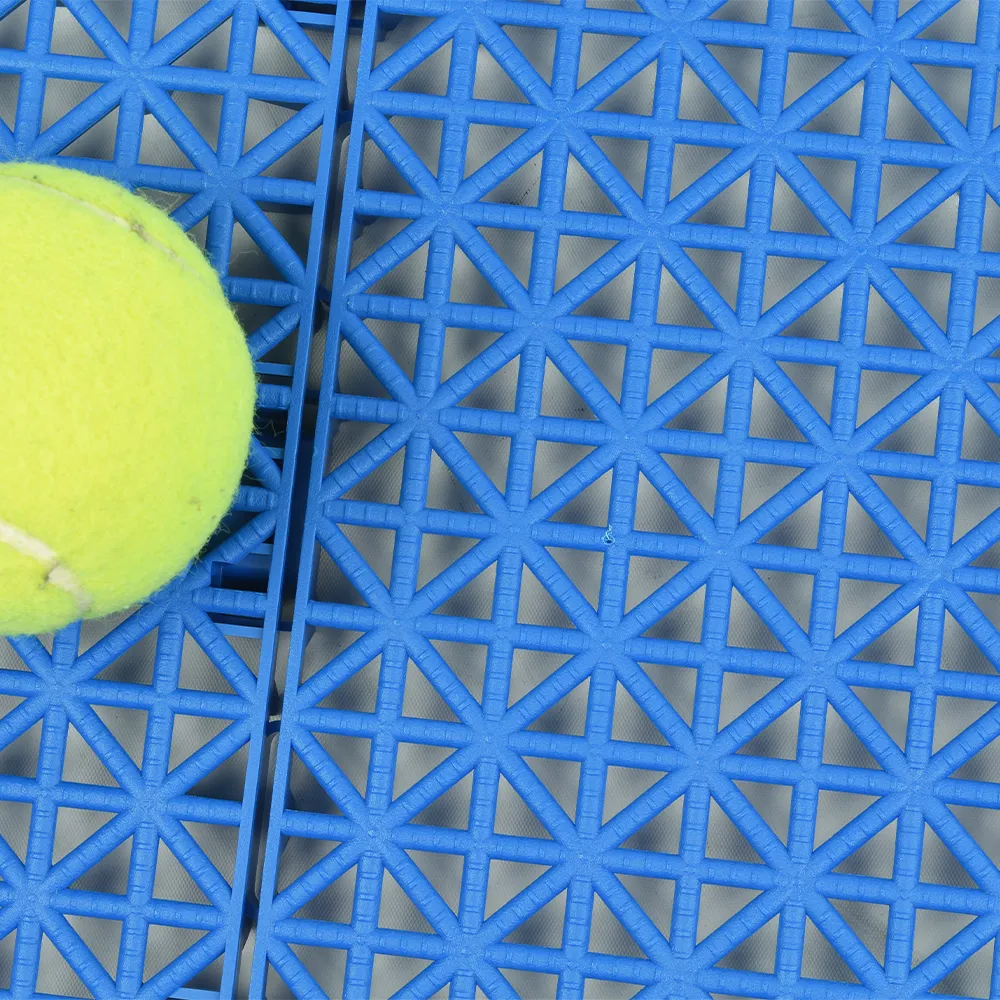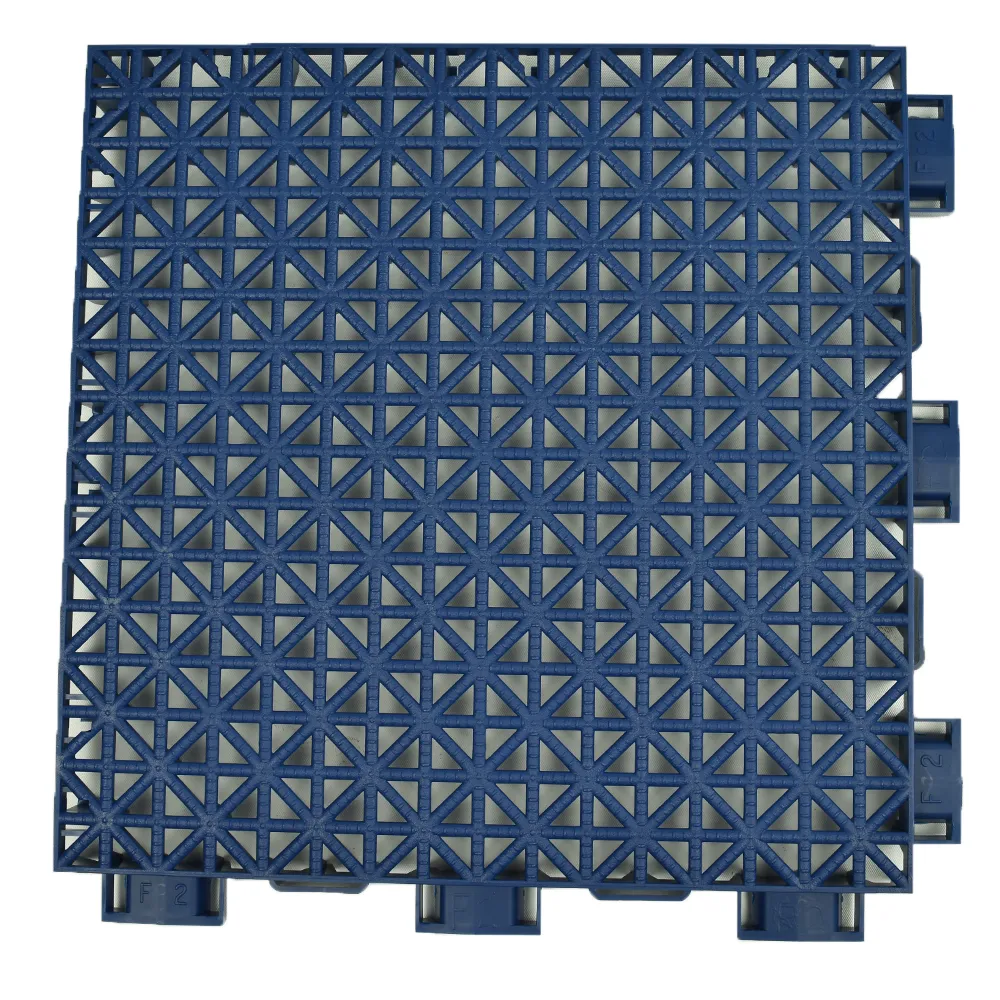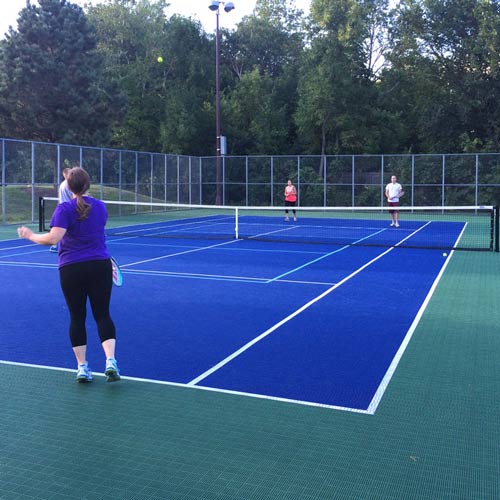Tennis vs Paddle Tennis vs Pickleball Courts
The Differences Between the Sports
Think of pickleball as being a combination of tennis, badminton, and ping-pong. You can play it indoors and outdoors, and you will need a badminton-size court.Paddle tennis is played on a shorter court than traditional tennis, and the sport uses shorter rackets. It can be played indoors and outdoors.
Tennis is a fast-paced game that is played both indoors and outdoors. Indoor tennis tends to be a faster game than outdoor tennis, thanks to the lack of wind.
Key Differences in Tennis, Paddle Tennis, and Pickleball Courts
Just as these three sports have some key differences, they are all played on slightly different courts. Understanding the differences between the court measurements can help you to choose the court design that’s right for you.Tennis Court Dimensions
 The International Tennis Federation requires competitive tennis courts to be rectangular, measuring 78 feet long. The width of the court depends on whether you are playing a singles or doubles game.
The International Tennis Federation requires competitive tennis courts to be rectangular, measuring 78 feet long. The width of the court depends on whether you are playing a singles or doubles game.
Courts for doubles games measure 36 feet wide, while courts used for singles games measure 27 feet wide. The net should be positioned so that it is 3.5 feet high.
Paddle Tennis Court Dimensions
 Paddle tennis courts aren’t quite as big as tennis courts. They measure 32 feet 8 inches wide by 65 feet 7 inches long.
Paddle tennis courts aren’t quite as big as tennis courts. They measure 32 feet 8 inches wide by 65 feet 7 inches long.
Paddle courts have a net that measures 36 inches high on the sides and 34 inches in the center. These courts are fully enclosed.
Pickleball Court Dimensions
 Pickleball courts are the same size as a doubles badminton court, measuring 20 x 44 feet. Both singles and doubles games can be played on the same size court.
Pickleball courts are the same size as a doubles badminton court, measuring 20 x 44 feet. Both singles and doubles games can be played on the same size court.
The net measures 36 inches on the sides, while the middle of the net is 34 inches high. You can easily convert a tennis or badminton court into a pickleball court.
Choosing Your Court Dimensions
While these sports require courts of different dimensions, some sports are similar enough so you can use the same courts. For example, you could feasibly use a tennis court for a paddle tennis game.
Pickleball courts, though, are significantly smaller. If you’re planning to play competitively or to host competitions on your courts, you will really need to construct a separate pickleball court or find a way to lay out pickleball court dimensions on your tennis court with a temporary option like tape.
Some people also choose to convert old tennis courts into pickleball courts by removing the tennis court boundary lines and creating new pickleball court lines that reflect the different court dimensions.
Choosing Your Court Flooring
If you are constructing a court from scratch, you will need to choose the right flooring. At Greatmats, we offer a wide assortment of pickleball court flooring and tennis court flooring.
As you explore the different flooring options, looking for these features can help you to determine which product is right for your court.
Traction
Court flooring needs to provide enough traction to allow athletes to run, stop, and spin. It’s important to choose a product that maximizes traction when paired with the types of shoes that athletes will be wearing.
Shock Absorption
While a court flooring needs to be firm enough to preserve ball bounce, a bit of shock absorption can be helpful. A court with slight shock absorption can help to reduce the impact that athletes’ joints sustain during a game or practice, leaving them more comfortable and allowing them to play for longer periods of time.
That shock absorption also plays an important role if an athlete falls. A floor that absorbs some shock can help to minimize the chance of injuries.
Drainage

Drainage is essential for any product that you are considering installing in an outdoor court. Look for tiles that are perforated and designed to quickly drain water away.
The tiles need to be waterproof, and generously sized perforations can help to prevent standing water from pooling. These types of tiles allow you to use your court more frequently, including after a heavy rain.
Installation Method
Consider how the product is designed to be installed, too. Choosing a product that allows for a DIY installation can save you time and money compared to hiring a professional to complete the installation.
Durability

Court flooring can be a major investment, so it’s important to choose a product that is durable and long-lasting. If you will be using the tiles for a court that is open to the public, look for a product that is designed to withstand the increased foot traffic and overall use that it will see in such a setting.
Other factors can also contribute to the product’s durability. If you’re using the product outdoors, be sure to choose a flooring tile that is UV resistant and that can withstand extreme temperatures.
Many of our products are backed by generous manufacturer’s warranties, so you can buy them with confidence.


